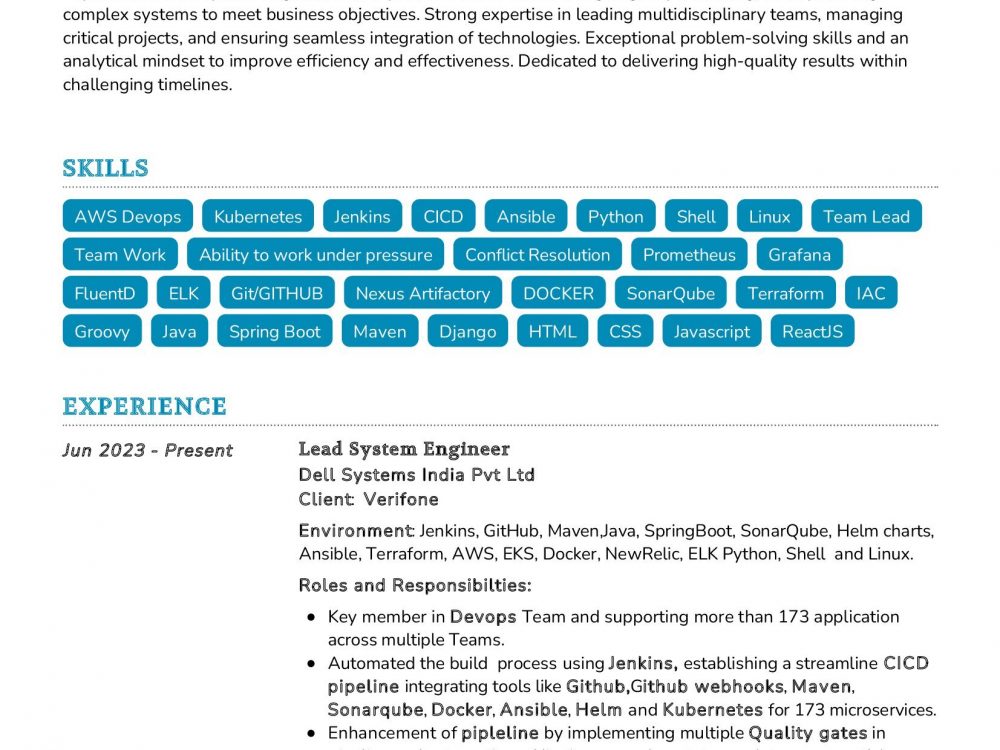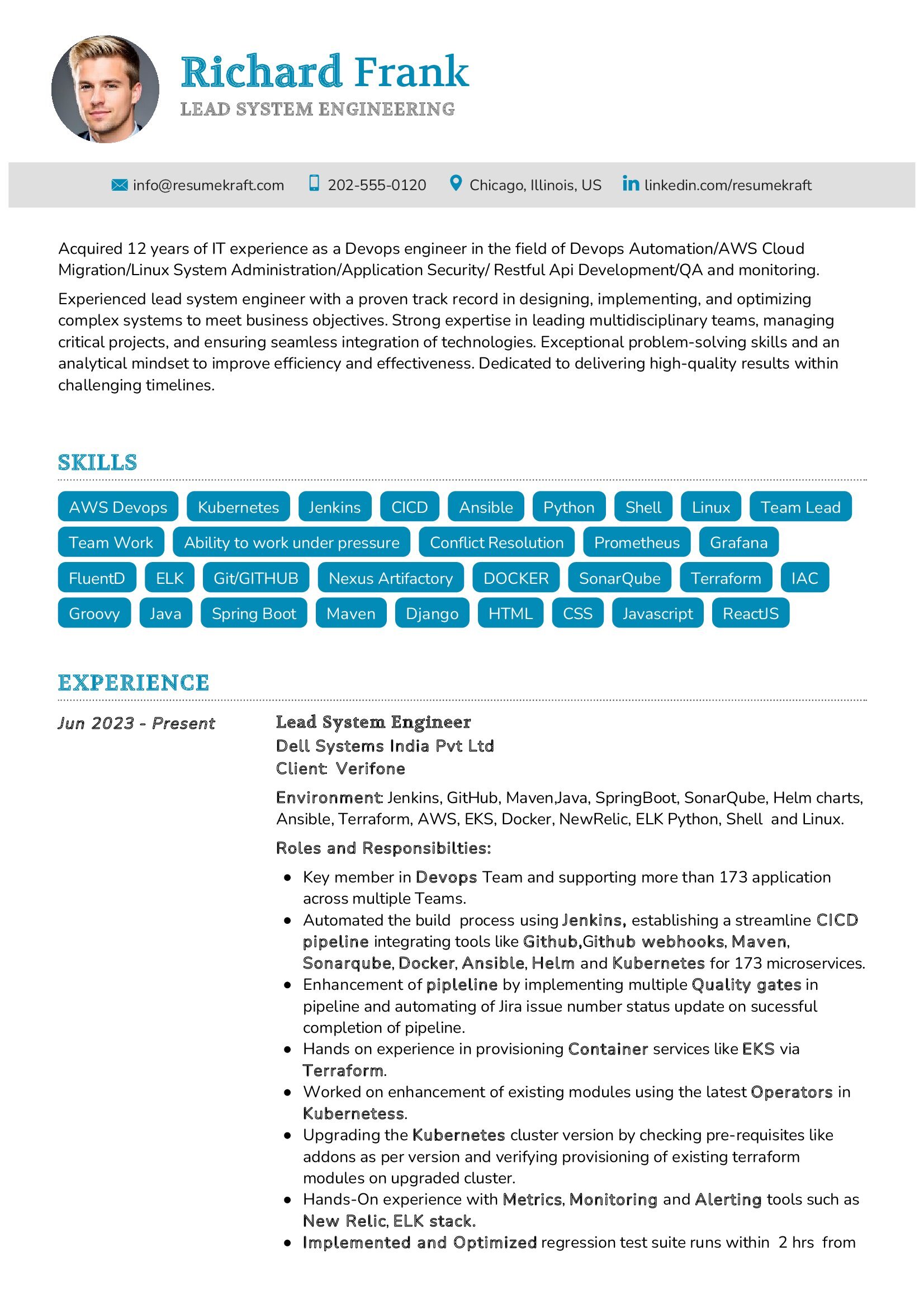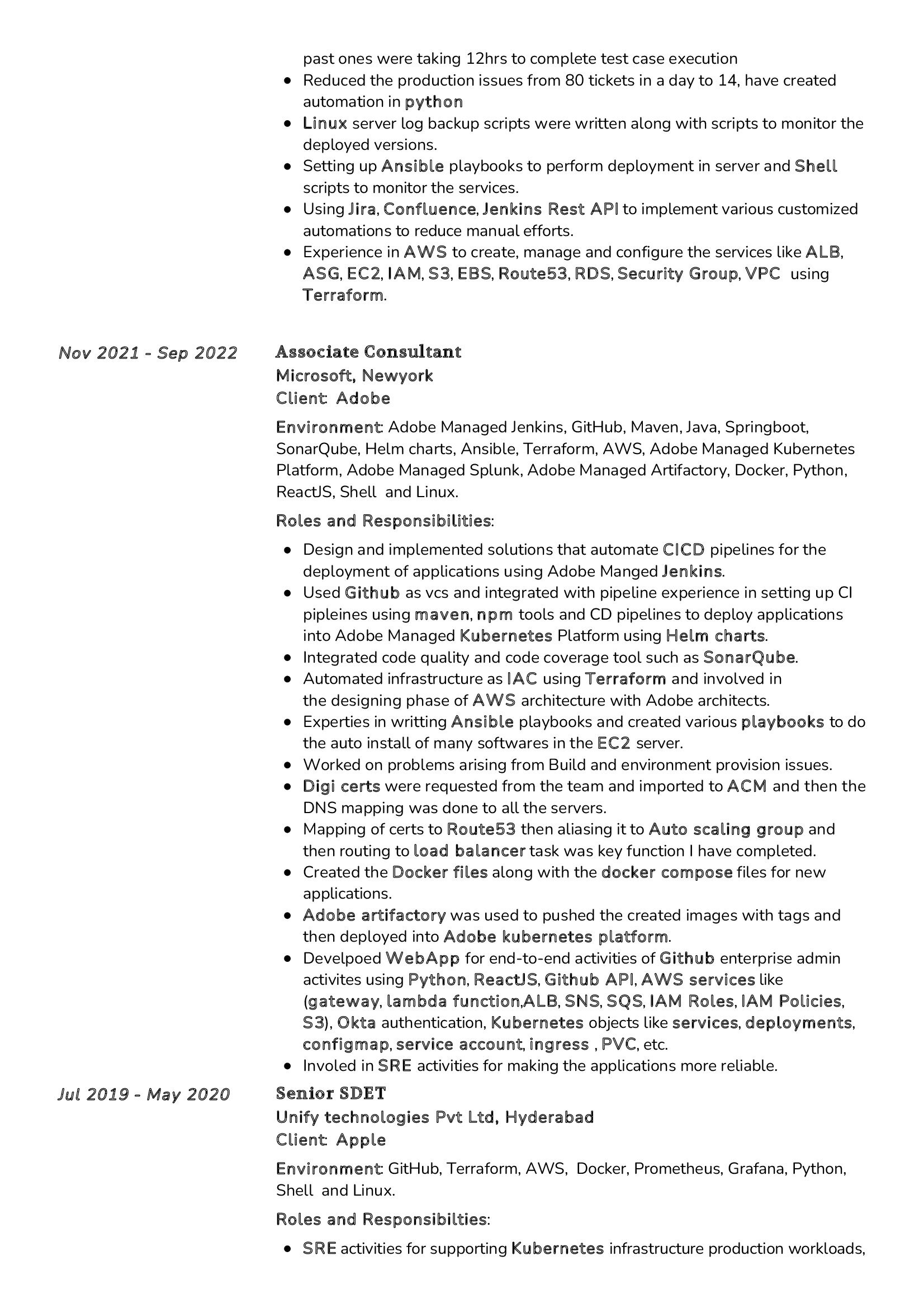Exploring the Role of a Lead System Engineer
In today’s rapidly evolving technological landscape, the position of a Lead System Engineer has emerged as a pivotal role in organizations across the globe. This role blends technical expertise with strong leadership skills to guide engineering teams toward success. Let’s take a deep dive into the multifaceted role of a Lead System Engineer, a position that demands a profound understanding of system engineering principles and the ability to lead effectively.
A Lead System Engineer plays a crucial role in overseeing the development and maintenance of complex systems, ensuring they meet organizational needs and facilitate smooth operations. They also act as the bridge between technical teams and other stakeholders, advocating for their team while ensuring project goals are met efficiently.
Job Requirements for a Lead System Engineer
Becoming a Lead System Engineer requires meeting several stringent requirements, a journey that is both demanding and rewarding. Let’s delve deeper into the prerequisites for embracing the role of a Lead System Engineer:
- A Bachelor’s or Master’s degree in Computer Science, Electrical Engineering, or a related field, showcasing a strong foundation in the technical domain.
- Profound knowledge of system engineering principles and practices, including requirements analysis, design, implementation, and testing.
- Significant experience in system engineering, demonstrating a trajectory of increasing responsibility and leadership.
- Strong leadership and managerial skills, honed through experiences and possibly through courses and certifications.
- Proficiency in relevant tools and technologies used in system engineering, such as modeling and simulation software.
- The ability to work under pressure and meet deadlines, essential skills for success in the fast-paced field of system engineering.
Acquiring additional certifications related to system engineering can enhance your profile in a competitive job market.
Responsibilities of a Lead System Engineer
The role of a Lead System Engineer is a tapestry of varied responsibilities, woven with threads of technical expertise, leadership skills, and strategic vision. Let’s unravel the core responsibilities that define this role:
- Overseeing the design and development of complex systems, ensuring they meet performance, reliability, and safety requirements.
- Leading system integration efforts, coordinating the work of cross-functional teams to ensure all components work harmoniously.
- Managing system requirements, ensuring they are well-defined, documented, and traceable throughout the development process.
- Conducting risk assessments and implementing mitigation strategies to ensure system safety and security.
- Collaborating with stakeholders to understand their needs and translate them into system requirements and design specifications.
- Providing technical guidance and mentorship to engineering teams, fostering a culture of innovation and excellence.
- Ensuring compliance with industry standards and regulations relevant to the systems being developed.
- Staying updated with the latest developments in system engineering methodologies and technologies, guiding the team toward adopting best practices.
Each responsibility comes with its own set of challenges and learning opportunities, shaping you into a leader in the field of system engineering.
Writing a Standout Lead System Engineer Resume
Your resume is your gateway to securing a Lead System Engineer position that aligns with your career aspirations. Here are some tips to help you create a compelling resume:
- Highlight your leadership experience, showcasing instances where you have successfully led engineering teams.
- Detail the projects you have overseen, emphasizing their impact on the organization and the systems you’ve worked on.
- Quantify your achievements, using metrics to demonstrate the results of your work.
- List relevant certifications and training programs, illustrating your commitment to continuous learning.
- Customize your resume for each job application, aligning your qualifications with the specific role’s requirements.
Your resume should be a compelling narrative of your journey, your skills, and your vision as a Lead System Engineer.
Lead System Engineer Resume Summary Examples
Your resume summary is the opening act of your career story, setting the stage for what follows. Here are some examples to inspire you:
- “Experienced Lead System Engineer with over a decade of leadership in complex system development, skilled in delivering high-performance solutions.”
- “Dedicated Lead System Engineer known for successfully leading cross-functional teams to deliver innovative and reliable systems.”
- “Results-driven Lead System Engineer with expertise in system integration and a track record of exceeding project goals.”
Each summary offers a glimpse of your journey, your strengths, and your vision as a Lead System Engineer.
Creating an Effective Experience Section
Your experience section is the heart of your resume, where you showcase the rich experiences you’ve gathered over the years. Here are some examples to guide you:
- “Led a team of system engineers in developing a mission-critical aerospace system, achieving a 15% reduction in development time.”
- “Managed the integration of hardware and software components for a defense system, ensuring seamless operation and compliance with stringent safety standards.”
- “Implemented a system requirements management process that improved project efficiency by 20%, resulting in on-time delivery of multiple projects.”
Each experience is a chapter in your career story, narrating tales of challenges met, solutions found, and successes achieved.
Education and Certifications for a Lead System Engineer
Your educational journey forms the foundation of your career as a Lead System Engineer. Here’s how you can list your educational milestones:
- Master of Science in Electrical Engineering, XYZ University, a deep dive into advanced engineering concepts and practices, 2017.
- Bachelor of Science in Computer Engineering, ABC University, laying the groundwork for a successful career in engineering, 2013.
- Certified Systems Engineering Professional (CSEP), demonstrating expertise in systems engineering, 2018.
Each educational qualification and certification is a stepping stone toward excellence in system engineering.
Key Skills for a Lead System Engineer
Your skill set is your toolbox, equipped with a diverse range of tools honed over the years. Let’s list down the essential skills for a Lead System Engineer:
Soft Skills:
- Leadership and team management, the ability to guide engineering teams to success.
- Communication and interpersonal skills, the art of conveying technical concepts effectively and building strong relationships.
- Problem-solving abilities, the knack for finding solutions in complex engineering challenges.
- Attention to detail, the meticulous approach to ensure system requirements are met.
- Adaptability and resilience, the strength to adapt to evolving project needs and overcome obstacles.
Hard Skills:
- Proficiency in system engineering methodologies, including requirements engineering, system architecture, and verification and validation.
- Experience with modeling and simulation tools such as MATLAB, Simulink, or SysML.
- Knowledge of industry-specific standards and regulations relevant to the systems being developed.
- Budget and resource management, the ability to efficiently allocate resources for projects.
- Project management skills, ensuring projects are delivered on time and within budget.
Each skill is a tool that aids you in developing and maintaining complex systems while leading your team effectively.
Common Mistakes to Avoid When Writing Your Lead System Engineer Resume
As you craft your resume, it’s crucial to avoid common pitfalls that can hinder your job search. Here are some mistakes to steer clear of:
- Avoid using a generic, one-size-fits-all resume; instead, tailor your resume to each job application.
- Don’t just list job duties; highlight your achievements and the impact of your work.
- Don’t skip the cover letter; use it to tell your story and connect with potential employers.
- Avoid overwhelming your resume with technical jargon; make sure it’s easily understood by non-technical professionals.
- Proofread meticulously to maintain a professional image; typos and errors can leave a negative impression.
Avoiding these mistakes will help you create a resume that is both authentic and compelling.
Conclusion
As you embark on your journey to become a Lead System Engineer or advance in your career in this field, remember that your resume is a vital tool in showcasing your skills and experiences. By following the guidelines and tips in this article, you can craft a standout resume that reflects your expertise and leadership abilities.
Are you ready to take the next step in your career as a Lead System Engineer? Don’t forget to utilize resources like AI Resume Builder, Resume Design, Resume Samples, Resume Examples, Resume Skills, Resume Help, Resume Synonyms, and Job Responsibilities to create a standout application and prepare for the Lead System Engineer job interview. Your journey to success begins with a strong resume and the right tools to support your career aspirations.



